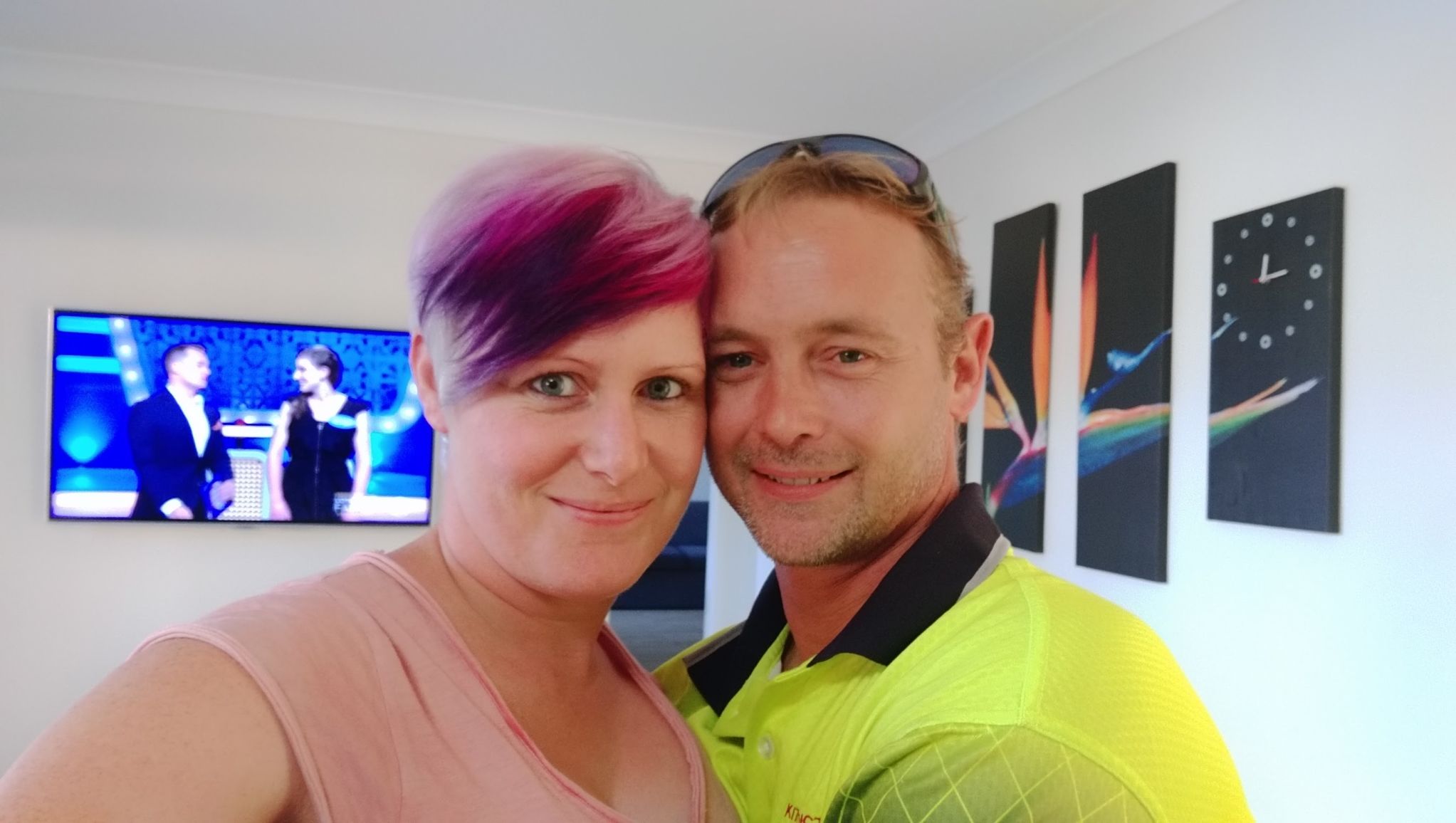How did you start volunteering for ARF?
For us, fostering was a goal we had set for about two years before we actually started. We chose ARF as they seemed to have the most established process and we could read up on heaps of information on the website. We worked hard to get our yard to a point where it was inescapable and had a nice separation area for potential quarantine issues. When we applied the process was really easy. We were given heaps of information and support. Training is provided quite often and is engaging and relevant to fostering.
What is your role as a foster carer for ARF like? What does it involve?
Our role as foster carers is one of the most rewarding things we do. Bringing a scared dog with few options into a loving home and watching them relax and become themselves is a lovely experience. There is lots of work involved or course, toilet training, cleaning, behavioural training, cleaning, some paperwork and discussions and meetings with potential adopters then more cleaning 🤣
What has been the most rewarding moment of being an ARF volunteer for you?
There have been so many. Recently we have been fostering a very scared little dog called Tink. She is terrified of people. The first time she took a treat from my hand I cried. It took her almost 4 months in our home for her to get to the point where she was comfortable enough to take food directly from us. Now she is a bit of a pig and hangs around in the kitchen demanding treats!
What has been the most difficult/most surprising moment of being an ARF volunteer for you?
Generally, the most difficult thing about fostering is finding the right home for them. However, we had one particular foster pup who was neglected and as a result had terrible belly issues and scavenging behaviour. For example, she used to bring snails inside to eat. When we finally had her eating right, we noticed her behaviour improved and she was a happier more playful pup. It was so good to be able to do that for her.
What makes a good volunteer trainer?
I think patience is probably the most important thing. And a genuine desire to help animals needing homes. If your heart is in the right place, ARF can provide the support and knowledge.
Tell us the story about how you adopted your dog/s? What has the journey been like with them?
Holly was adopted from the RSPCA in 2010. Fry came from a friend 6 months later. We didn’t start fostering until they were 6 years old. They have been foster brother and sister to 30 foster pups now and it has been amazing to watch them welcome, support and teach each foster pup the rules of the house. It has been hugely rewarding for them and us. The training that ARF arrange has also benefited Holly and Fry. We are able to bring them along for learning and socialisation and what we learn we put into practice for both the fosters and them.
What else can you say about your time in ARF?
I cannot speak highly enough of the support we have received from ARF. Training is provided on all aspects of fostering and all foster carers are assigned a mentor for anything that might come up.
We have learnt so much from fostering in the last 5 years and have made heaps of friends in the rescue community. I would definitely recommend it to anyone who wants to give it a go.

